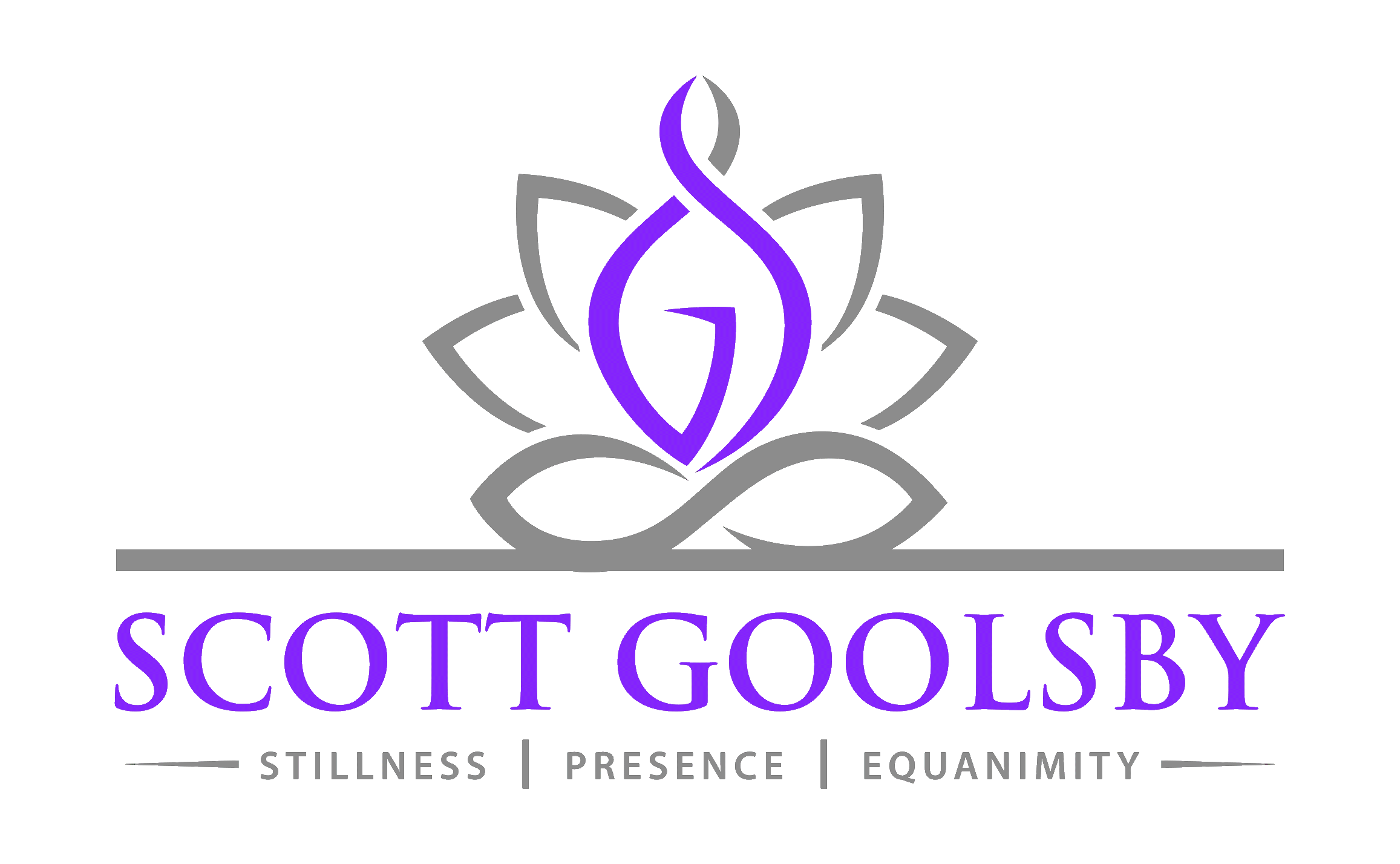How much of our lives do we spend in sadness, anger, frustration, and worry? Probably quite a bit. Through observation of the mind, we can notice, at least for the typical being, a tendency to move in the direction of upset and negativity rather than peace and joy. But why is this?
The Buddha spent a long time looking in to this. His approach was to look at his own experiences by investigating the mind itself. As practitioners of the Dharma, we strive to do this very same thing. When we begin this process we may not be very good at it and may not have a clear idea as to what we are doing. However, as our practice deepens through time we begin to see with clarity how we respond to experiences, both inner and outer, and we can start to come to an understanding about the nature of mind. These insights may, initially, be quite obvious and we may be curious as to why we hadn’t seen them before. As our practice deepens and matures, we will gain insight into more subtle aspects of the mind and attain a deeper, more refined understand of ourselves and how we relate to our experiences.
To understand what is occurring, we firstly need to be mindful, to be paying attention. We have to have openness and a willingness to investigate our experiences without bias so that we can truly see the state of things. We do not simply want to reinforce the same things. The same old patterns of being. It will be important to look at our conditioning and its impact on our perception. Of course, we don’t need to analyze each and every experience, but it is useful to have a general idea of the impact conditioning is having upon us.
A good place to start might be to look at the areas where we are particularly sensitive and prone to quick reaction, our hot buttons. These areas are places that when met with an experience explode us into an inferno that sends us into pain and suffering, grasping or clinging. These buttons arise through conditioning. Possibly, we think that we don’t have any of these hot buttons in our consciouenes and it may seem that life’s conditions are the causes of our sufferings but if we examine our mind closely we will see that our conditioned view and our relationship to it determines how peaceful we will be.
As we gain understanding, we see that we can recognize our hot buttons and response from a place of wisdom, rather than react based on conditioning. It is possible that we will be able to respond, not from a place of fear or clinging, but from a deep pool of wisdom that can see past the conditioning into what is really happening.
It may be the case that you may be sensitive and have a hot button that lights up when others are bossy towards you. You may perceive the person as condescending. If unaware, there will be an immediate reaction of anger. On the other hand, if aware, we can apply a dose of equanimity and simply see the basis for reaction as a dream-like phenomenon. We know this button isn’t “real,” not everyone reacts the same way to the same stimulus. In fact we don’t respond the same way to the same stimulus on every occasion, sometimes we let things slide and other times we make a big deal out of them.
We can respond to life with more wonder and joy when we live from a place of awareness. Even though our lives may have challenges, when we see the transient nature of those experiences and that they are based on very limited views we can spend a great deal more time smiling.

